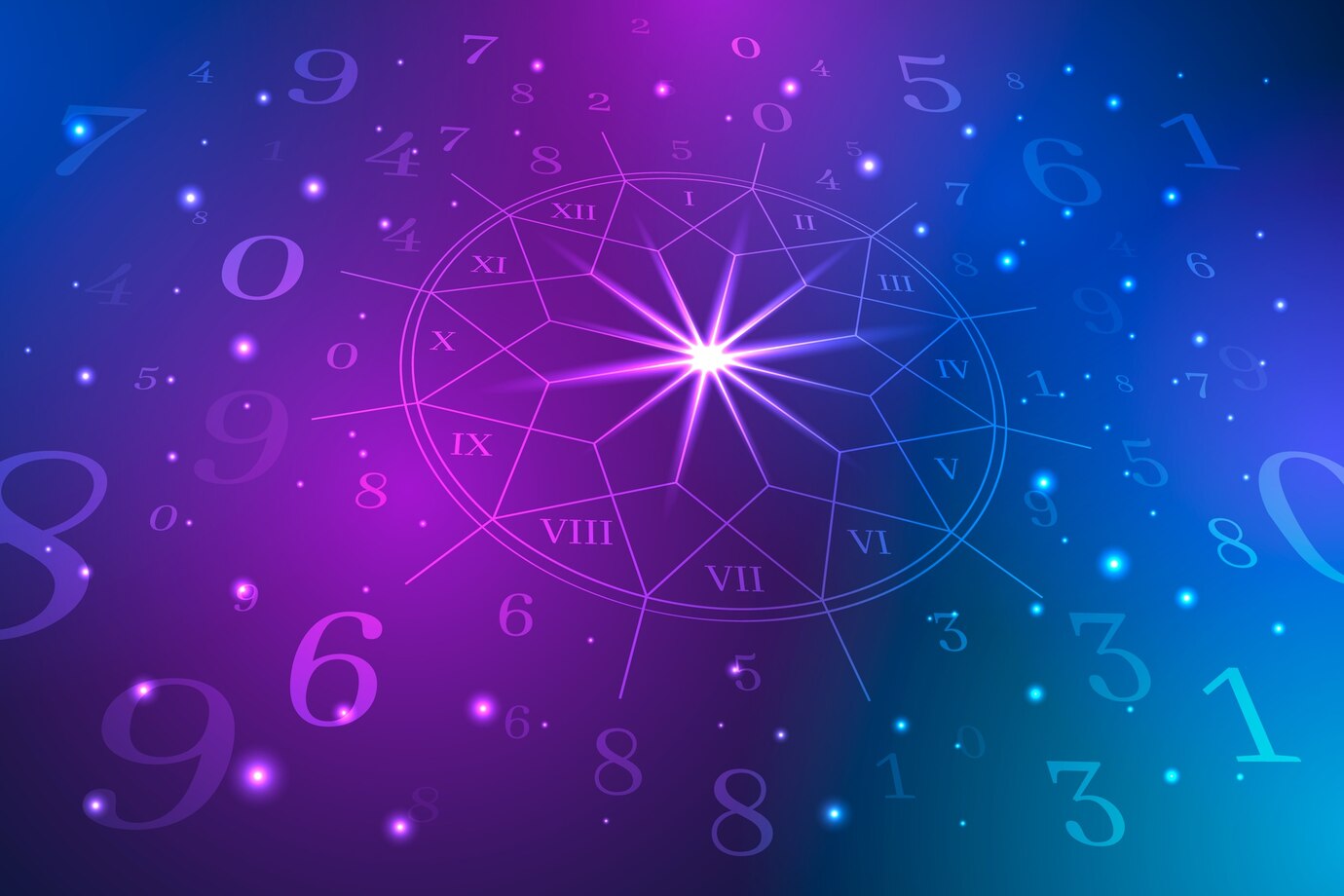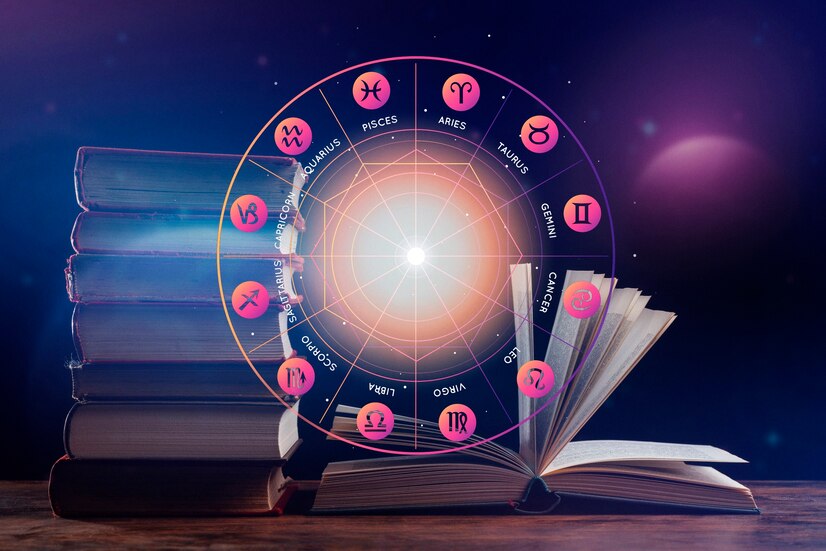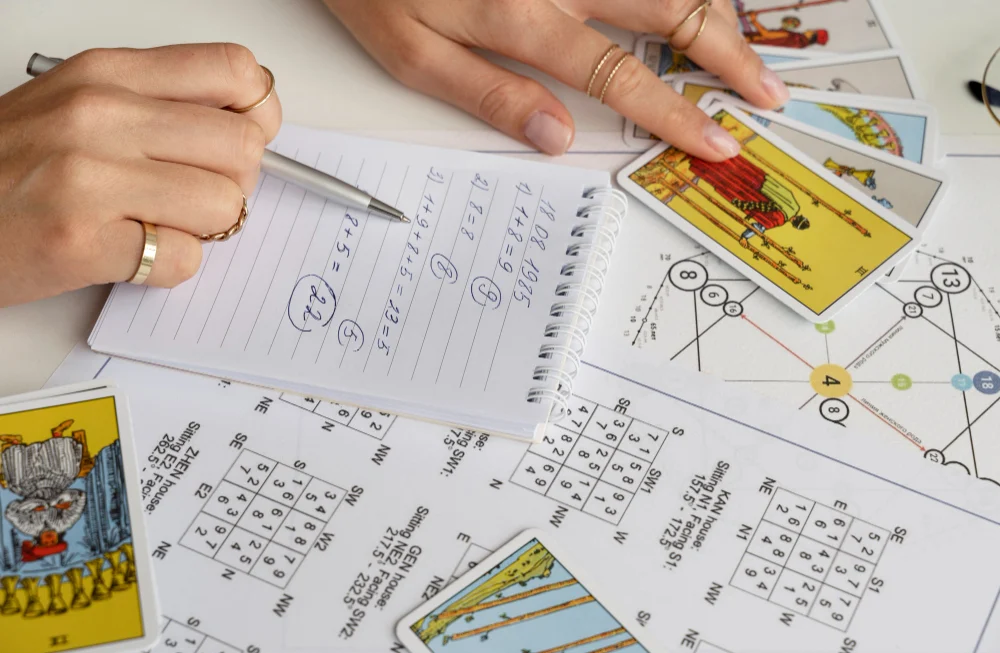Why does one person, with a “great” planet like Jupiter in their 10th house, still struggle in their career? And why does another, with a “difficult” planet like Saturn, rise to the very top?
The answer, and one of the most guarded secrets of predictive astrology, is not just the planet. It’s the house itself.
In all of house strength vedic astrology, we have a guiding principle: a planet can only give the results that its “container” will allow. You can have the best, most expensive “wine” (an exalted planet), but if you pour it into a “leaky, cracked bucket” (a weak house), the wine is wasted.
This “container strength” is called Bhava Bala. It is the single most critical factor in your chart for determining which areas of your life are destined to flourish and which will be a source of constant struggle.
The “Leaky Bucket” vs. The “Strong Vessel”: The Core OREO Argument
Let’s begin with the foundational truth of chart analysis.
Opinion: The innate strength or weakness of a house (its Bhava Bala) is the most critical factor in a chart. It determines the quantity and quality of results (Phala) that the entire “department” of your life—be it wealth, marriage, or career—can ever produce.
Reason: A house is a “vessel.” A strong house is a strong vessel, able to “hold” and “deliver” the promises of the planets in it and the lord that “owns” it. A weak house is a “leaky bucket.” It doesn’t matter how much “blessing” (a benefic planet) you pour into it; the house itself lacks the structural integrity to hold that blessing. The potential drains away.
Example:
- Scenario A: A person has an exalted Jupiter (a supreme blessing) in their 5th house (children, creativity). But their 5th house itself is weak—its lord is in the 8th house (crisis), and it’s aspected by Mars and Saturn. Result: Immense “potential” but constant struggle. They may have brilliant ideas (Jupiter) that never get off the ground (weak Bhava). They may have great love for children (Jupiter) but face immense challenges in having them (weak Bhava).
- Scenario B: A person has a debilitated Sun (a struggle) in their 10th house (career). But the 10th house itself is strong—its lord (Saturn) is in its own sign in the 11th, and a benefic Venus aspects the 10th house. Result: The person starts from a place of “weakness” (debilitated Sun), perhaps with low confidence. But the house itself (the “career department”) is so powerful and well-supported that they will rise. They build a powerful, lasting legacy (strong Bhava) despite their initial “weakness.”
Opinion/Restatement: This is why we must analyze house strength first. The bhava strength sets the “stage potential.” It tells you if you’re working in a fully-equipped, billionaire’s office… or in a leaky shed.
How to Analyze House Strength: A 4-Point Checklist
So, how do you determine your house power? You can’t just “look” at it. You must investigate its “support system.” Here is the checklist that professional astrologers use.
1. The Lord of the House (The “Owner”)
This is the most important factor. A house is a “property.” The “owner” (its Lord) is responsible for it. The owner’s strength and placement tell you everything.
- Strong House: The “owner” is powerful. The house lord is:
- In a Kendra (1, 4, 7, 10) or Trikona (1, 5, 9) house. These are “power positions.”
- In its own house (e.g., 10th lord Saturn in the 10th). The owner is “home” and fully in control.
- Exalted (Uchha). The owner is a “king” and brings immense power to their house.
- In a “friendly” sign.
- Weak House: The “owner” is weak, in trouble, or has “abandoned” the house. The house lord is:
- In a Dusthana (6, 8, 12). The owner is “lost in the hospital” (6th), “in a hidden crisis” (8th), or “in a foreign land” (12th). They cannot manage their property.
- Debilitated (Neecha). The owner is “powerless” and cannot protect their house.
- In an “enemy” sign.
2. Planets in the House (The “Tenants”)
Next, who is “living” in the house? The “tenants” have a direct effect on the “property.”
- Strong House:Benefics (Jupiter, Venus, bright Moon, Mercury) are “good tenants.”
- They “bless” the house, “clean it,” and “improve” its affairs. Jupiter in a house is a “divine protection” for it, expanding its good qualities. Venus “beautifies” it.
- Weak House:Malefics (Saturn, Mars, Rahu, Ketu, weak Sun) are “difficult tenants.”
- They can “damage” the house’s affairs. Mars brings conflict and fights. Saturn brings delays, restrictions, and heaviness. Rahu brings chaos, obsession, and unconventional energy.
3. Aspects to the House (The “Neighborhood”)
What is the “neighborhood” like? What are the other houses “looking at”? Aspects are “glances” from other planets that influence the house.
- Strong House: The house is aspected by Benefics.
- Jupiter’s aspect (5th, 7th, 9th) is the most powerful “divine blessing.” It is a “guardian angel” that protects the house from harm and nourishes its growth.
- Venus’s, Mercury’s, or the Moon’s aspect brings “grace,” “intelligence,” and “softness.”
- Weak House: The house is aspected by Malefics.
- Saturn’s aspect (3rd, 7th, 10th) is a “cold, heavy stare” that restricts the house, adds pressure, and causes delays.
- Mars’s aspect (4th, 7th, 8th) is an “aggressive glare” that attacks the house, bringing conflict, accidents, and fights to its affairs.
4. Aspects to the House Lord (The “Owner’s” Allies)
Finally, it’s not just the “property” (house) that matters, but the “owner” (lord). Is the owner being “helped” or “attacked” by others?
- Strong House: The house lord (wherever it is) is aspected by Benefics.
- If your 10th lord (career) is in the 8th house (a “weak” placement), but it is being aspected by a strong Jupiter… that Jupiter saves the 10th lord. It’s a “mentor” who “bails you out” of your crisis and protects your career.
- Weak House: The house lord is aspected by Malefics.
- If your 10th lord is in the 11th (a “good” placement), but it’s being “attacked” by Mars and Saturn… your gains (11th) from your career (10th) will be won only through immense struggle and conflict. The “owner” is under constant assault.
Case Study: Analyzing the 7th House (Marriage)
Let’s analyze house strength for a real-life area.
Strong 7th House (A “Strong Vessel” for Partnership):
- Lord: 7th Lord (e.g., Venus) is in the 1st House (a Kendra). The “owner” is strong and “focused on the relationship.”
- Planets: Jupiter is in the 7th House. A “divine blessing” is living in the house of marriage.
- Aspects: No malefic aspects on the 7th house.
- Lord’s Aspects: The 7th Lord (Venus) is aspected by a friendly Mercury.
- Result: A blessed, wise, and happy marriage. The partnership is a source of strength and joy. The bhava strength is at 100%.
Weak 7th House (A “Leaky Bucket” for Partnership):
- Lord: 7th Lord (e.g., Venus) is in the 6th House (a Dusthana). The “owner” of marriage is “lost in the house of conflict.”
- Planets: Mars and Rahu are in the 7th House. “War” (Mars) and “Chaos” (Rahu) are living in the house of marriage.
- Aspects: Saturn aspects the 7th House. “Pressure” and “delay” are “staring at” the marriage.
- Lord’s Aspects: The 7th Lord (Venus in the 6th) is aspected by Mars. The “owner” of marriage is being “attacked” by the “warrior” planet.
- Result: A life of immense struggle in relationships. Constant conflict, power struggles, and potential for separation. The Bhava Bala is near zero.
Your chart is not a “good” or “bad” chart. It is a map of strong and weak areas. By understanding house strength vedic principles, you can finally see why your career is easy but your relationships are hard… or why your health is a struggle but your creativity flows like a river.












